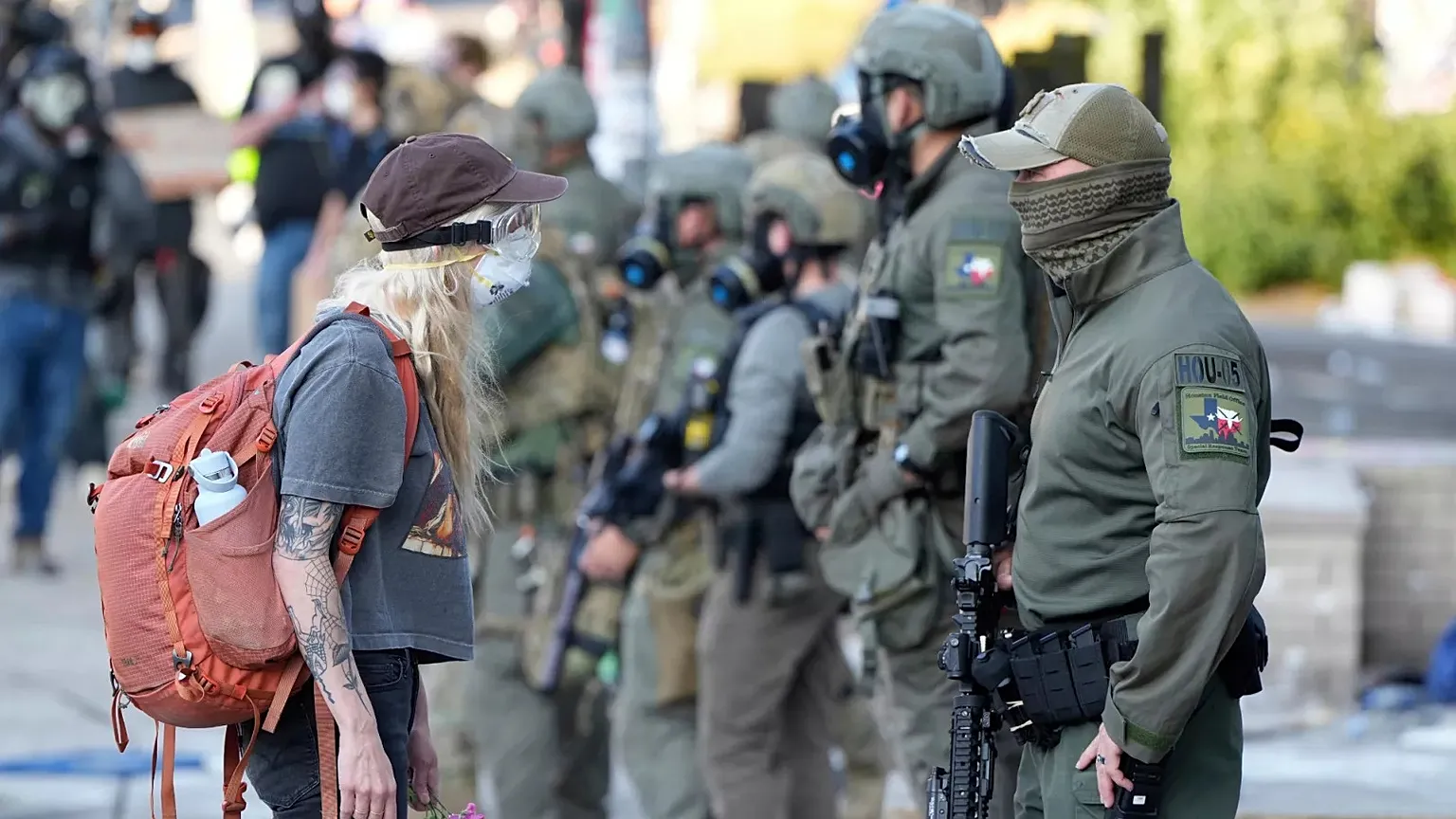Former President Donald Trump’s recent announcement about sending troops to Portland, Oregon, and Memphis, Tennessee, has sparked renewed debate over the use of military forces in U.S. cities. Trump stated that the deployments aim to protect federal facilities and address what he described as rising levels of crime.
Local Reactions and Legal Actions
The announcement came through a social media post in which Trump claimed to have authorized the Pentagon to provide troops with “full force” if necessary. Local officials in Oregon and Portland pushed back against the move, asserting that the city does not face conditions requiring federal military intervention.
Over the weekend, the Department of Defense confirmed that 200 members of the Oregon National Guard were called into federal service for a 60-day period. At the same time, hundreds of protesters gathered outside an ICE facility in Portland. The state’s governor and the city’s mayor announced plans to file a federal lawsuit, arguing that the administration’s decision overstepped its authority.
The Situation in Memphis and Broader Context
In Memphis, Trump’s administration argued that the city suffers from high levels of violence that overwhelm local resources. While the Democratic mayor expressed concerns, Tennessee’s Republican Governor Bill Lee welcomed federal assistance and highlighted ongoing coordination with Washington.
This move follows similar deployments in other cities, where Trump has defended the use of the National Guard as necessary to strengthen public safety.
National Implications of Military Use
Legal experts caution that these deployments raise broader questions about the role of the military in U.S. domestic affairs. Historically, laws have restricted the use of federal troops within the country, but recent decisions have fueled concerns about a shift in long-standing practices.







